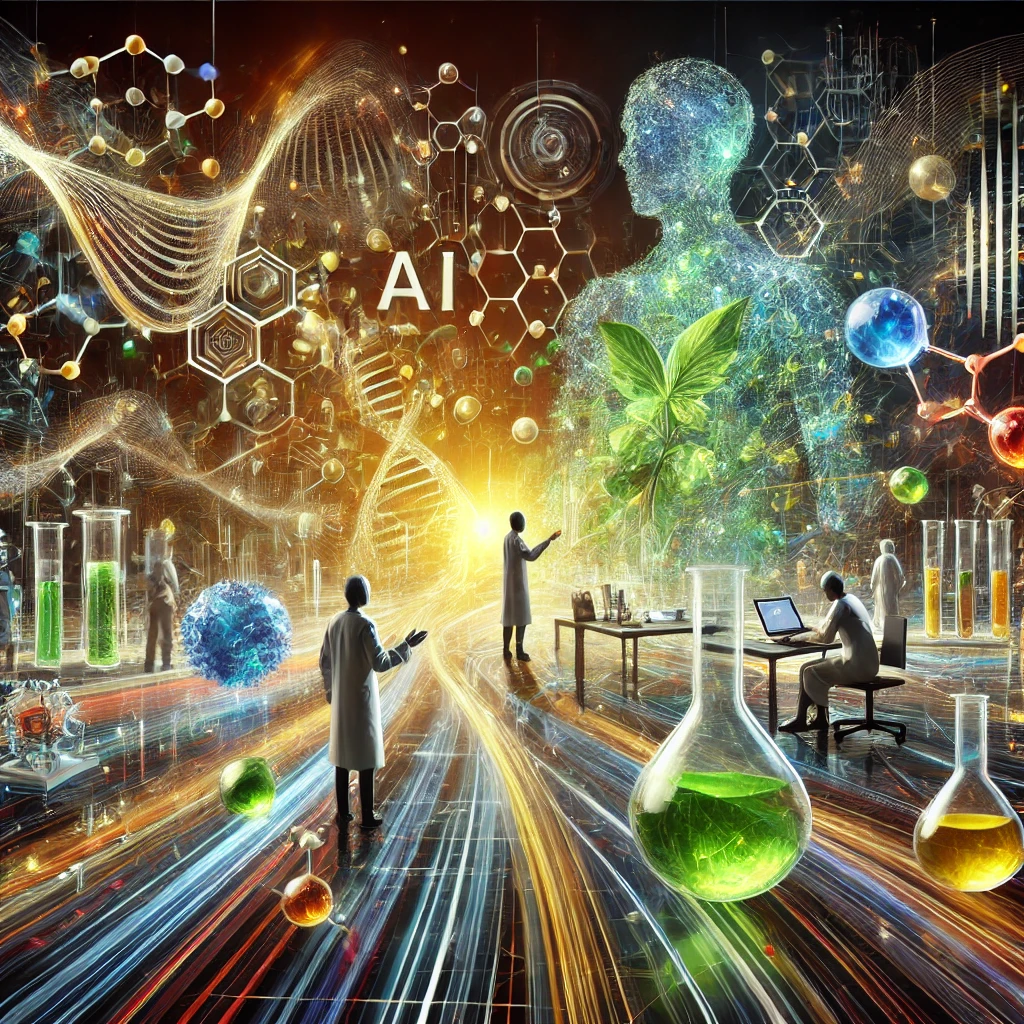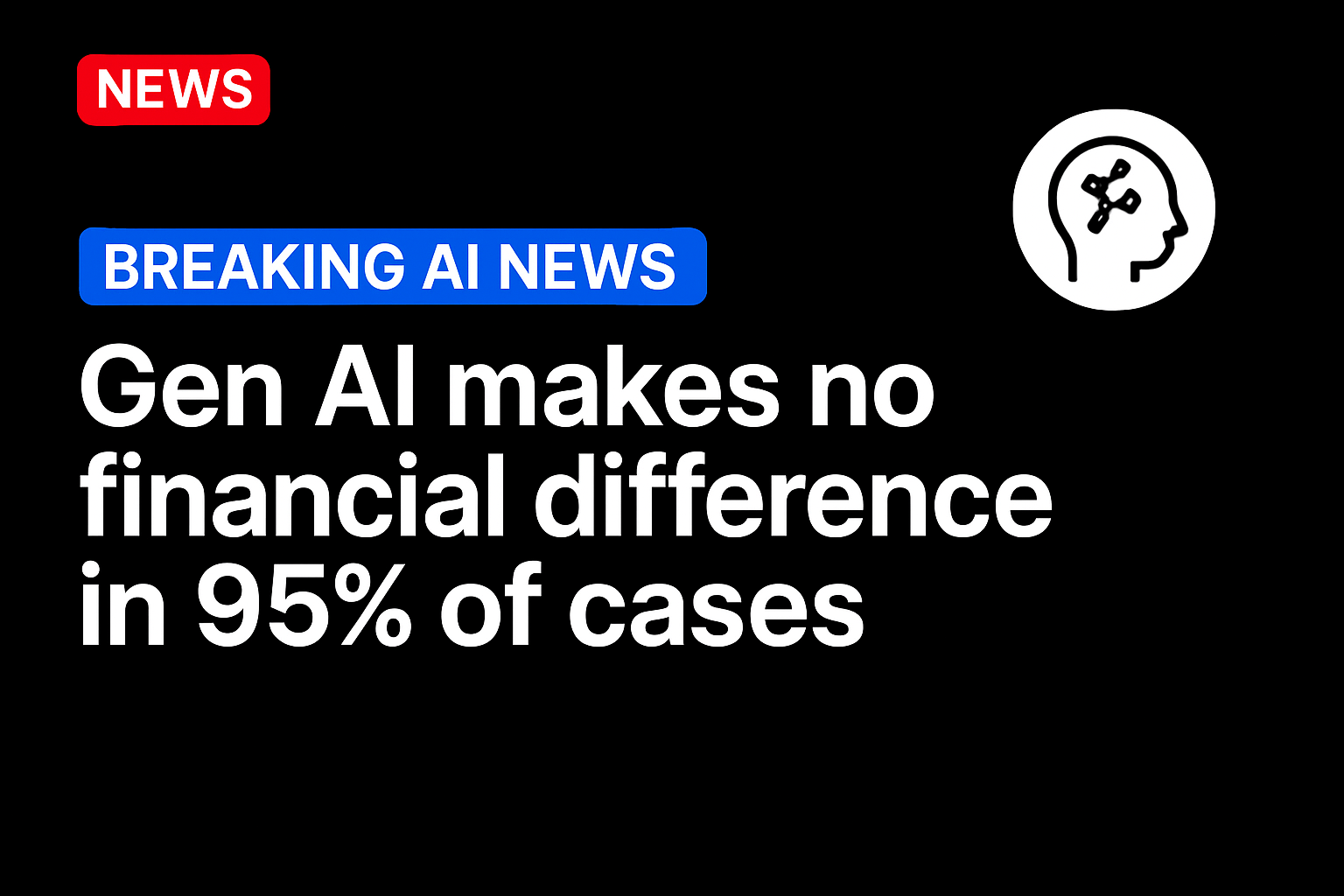The future of interdisciplinary research is taking a transformative turn with the advent of AI-powered virtual laboratories. These labs, driven by collaborative ‘AI scientists,’ have demonstrated the potential to supercharge biomedical discovery, merging artificial intelligence with human ingenuity to achieve breakthroughs at an unprecedented pace.
A New Era of Collaborative Science
In a groundbreaking preprint posted on bioRxiv, researchers introduced a system where multiple AI models, each specialized in distinct scientific domains, collaborate seamlessly. These AI entities, akin to digital scientists, work under human guidance to tackle complex research challenges.
One remarkable achievement of this system was the design of antibody fragments known as nanobodies capable of binding to the COVID-19 virus. The AI-generated proposals exceeded human expectations in both quantity and speed, producing nearly 100 viable structures in a fraction of the time required by traditional methods.
Redefining Scientific Workflow
These virtual labs are structured to:
- Automate Discovery: AI models independently generate hypotheses, analyze data, and propose solutions.
- Enhance Speed and Scale: By streamlining workflows, AI scientists reduce the time and resources needed for groundbreaking research.
- Foster Interdisciplinary Synergy: AI can bridge gaps between fields, enabling integrated solutions to multifaceted problems.
The Promise of Human–AI Collaboration
While these AI systems offer extraordinary capabilities, they do not operate in isolation. Human researchers provide direction, interpret findings, and ensure ethical considerations are met. This partnership promises a future where AI augments human expertise, expanding the frontiers of science.
Challenges and the Road Ahead
Despite its promise, the approach raises questions about reproducibility, accountability, and the limits of AI autonomy. Researchers and ethicists emphasize the need for transparent algorithms and safeguards to ensure responsible use.
As AI continues to evolve, the fusion of human creativity and machine efficiency heralds a transformative era in biomedical research, reshaping how science addresses humanity’s most pressing challenges.





